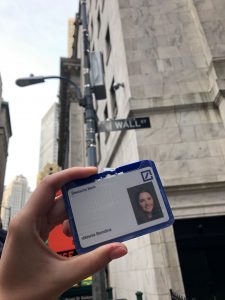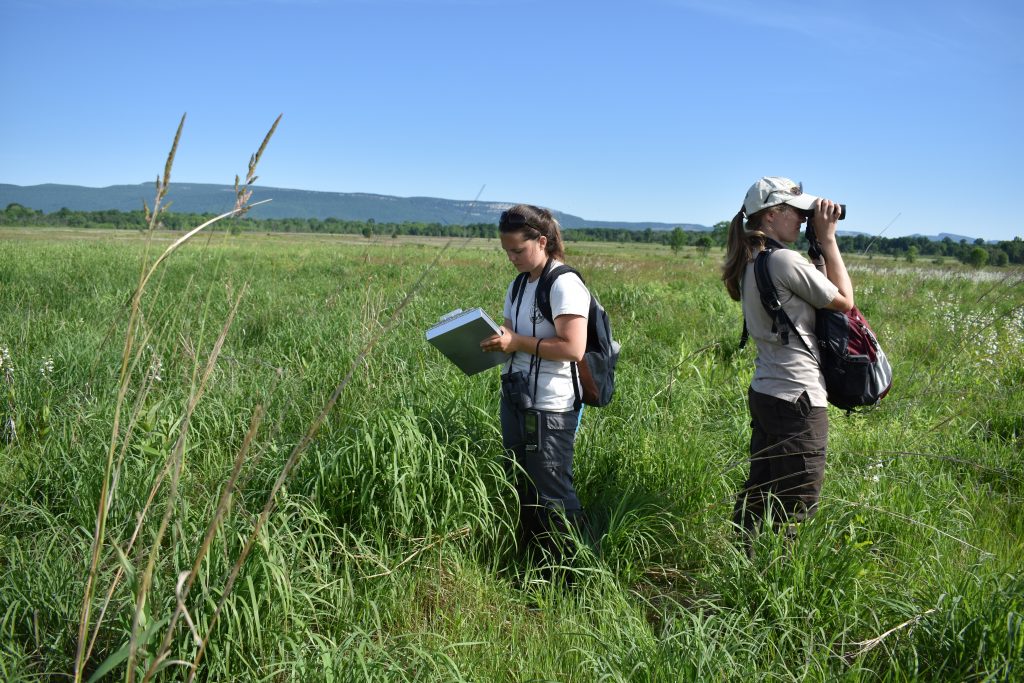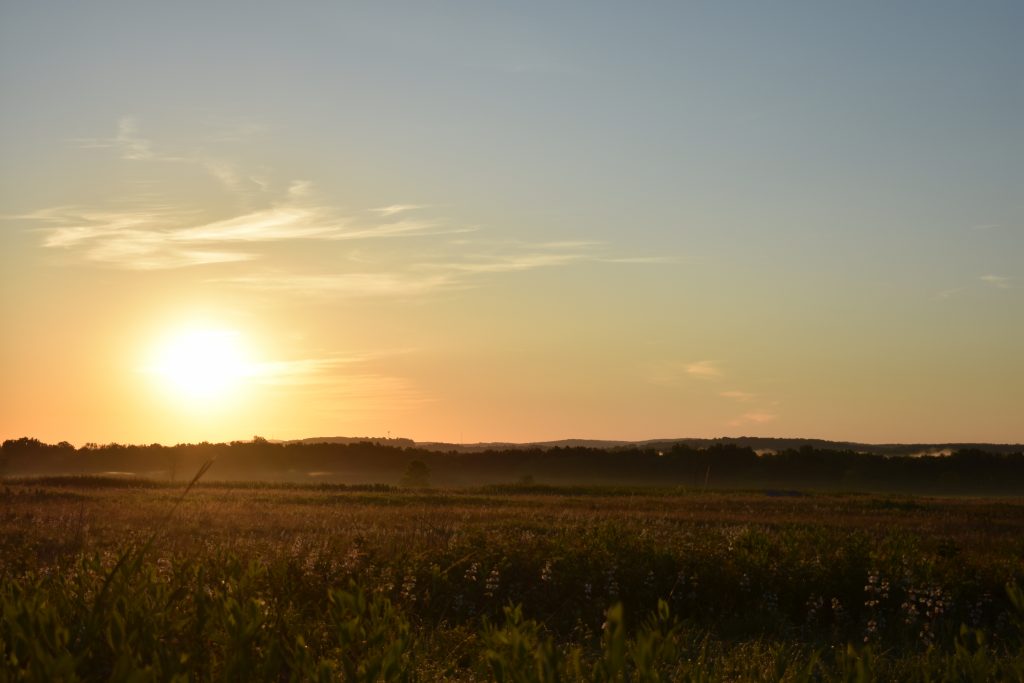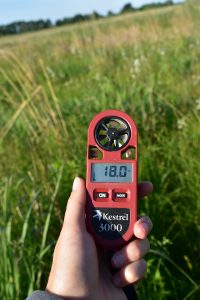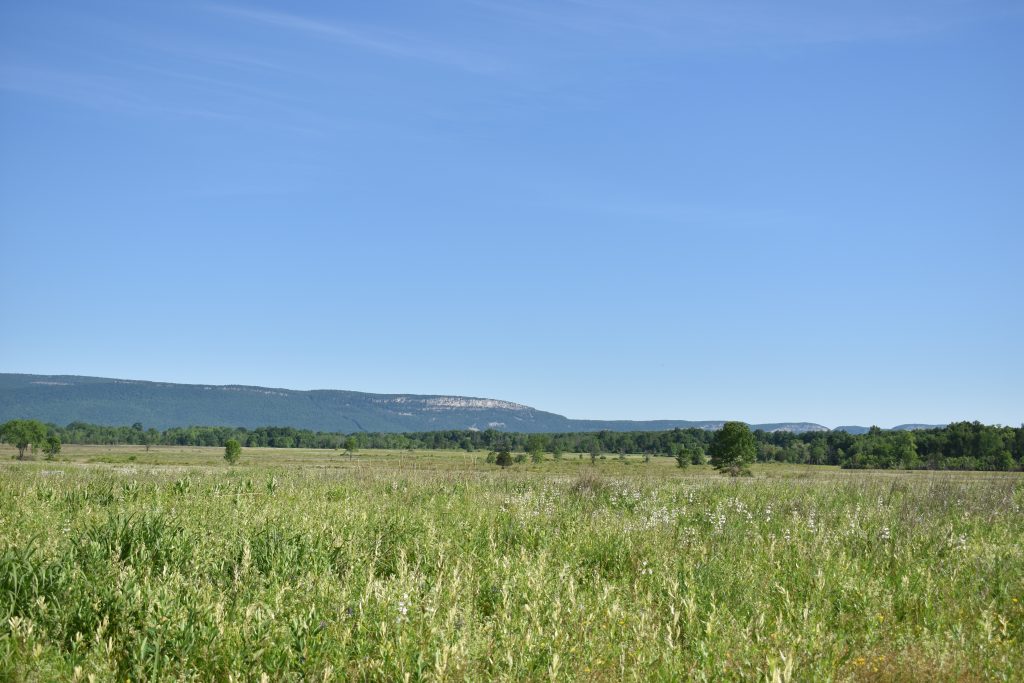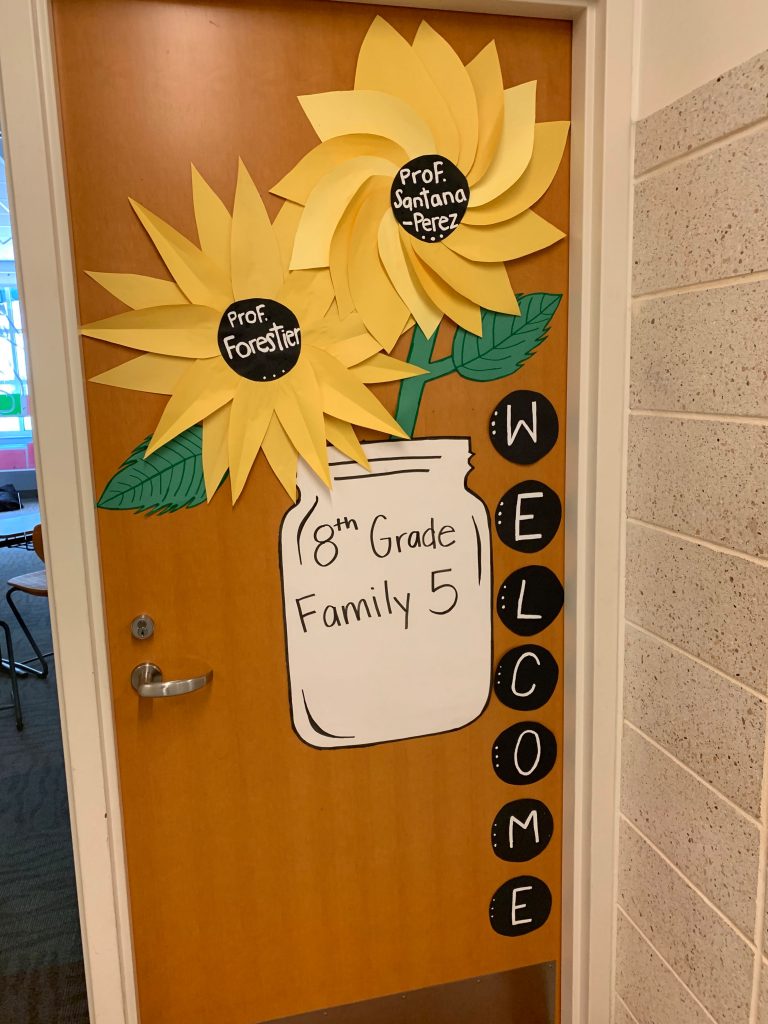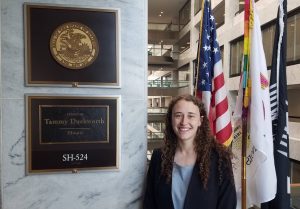Name: Sydney Kim
Class Year: 2020
Major: Biology
Hometown: Westford, Mass.
Internship Organization: Merrimack College
Job Title: Summer Research Intern
Location: North Andover, Mass.
What’s happening at your internship?
This summer I am a summer research intern at Merrimack College. I am working directly with Professor Michael Piatelli in the Biology department. Along with another student, we are working on research projects focused on bacterial growth and the effects antibiotics have on growth. More specifically, I will focus this summer on three projects. One will use microbiology lab techniques to identify the minimum inhibitory concentration (MIC) and the minimum bactericidal concentration (MBC) of four different bacterial strains: E. coli, S. marcescens, S. saprophyticus, and S. aureus) using the following antibiotics: ampicillin, tetracycline, and carbenicillin. The second project will focus on studying t-cell inflammatory responses to mitochondrial damage to elucidate potential correlations between damaged mitochondrial cells and diabetes. A third project that will be worked on throughout the summer is conducting smaller lab projects to help Professor Piatelli prepare his fall course syllabus.
Why did you apply for this internship?
I had the chance to work with Professor Piatelli last summer, as an unpaid intern. Professor Piatelli was a great teacher and I learned a lot of lab techniques that I had not yet been introduced to in classes at Bryn Mawr. When Professor Piatelli asked me back this summer, I agreed and this time received funding from The Center for Career & Civic Engagement. This summer, I wanted to continue adding to my repertoire of laboratory techniques. I was also really excited to work on projects involving bacteria and cell growth because I believed it would be beneficial for my future career pursuits in the medical field.
What has been your favorite part of this internship?
My favorite part of this internship specifically is that the working environment is very relaxed and focused on learning. We are able to accomplish tons of work in one day without the stress of deadlines and grades. I have also really enjoyed learning from Professor Piatelli. He thoroughly explains techniques, describing not just how to complete the steps of an experiment, but why we go through each step and where scientific error might occur. At the end of almost every experiment, when looking over results, Professor Piatelli asks us to critically analyze our results and identify potential sources of error which helps me gain a better understanding of the material.
Can you talk about the skills you are learning and why they are important to you?
I am learning a lot of new, valuable lab techniques in depth which I believe will help me in my future career endeavors and with my senior thesis research. Many of the experiments we are conducting and biological concepts Professor Piatelli explains parallel the outside studying I am doing for the MCAT. I also feel myself becoming more confident in a lab setting and I am excited to see what I have learned in my internship translate to my courses at Bryn Mawr and my future career.


